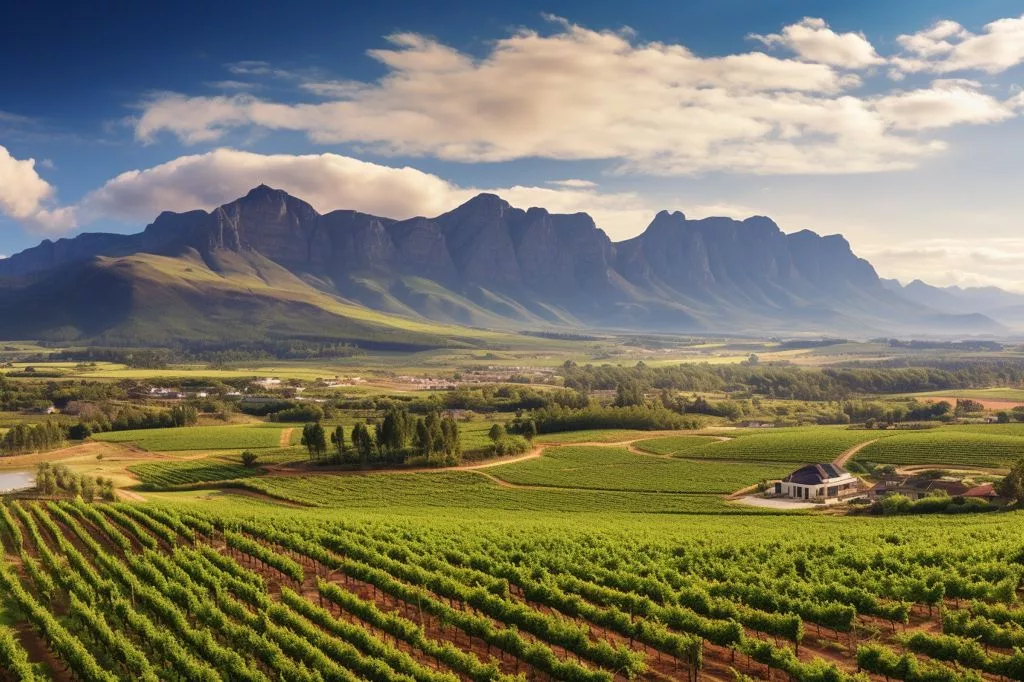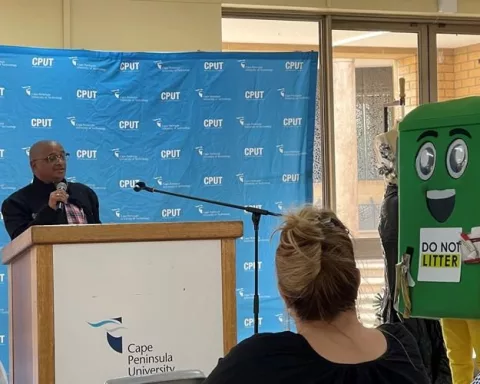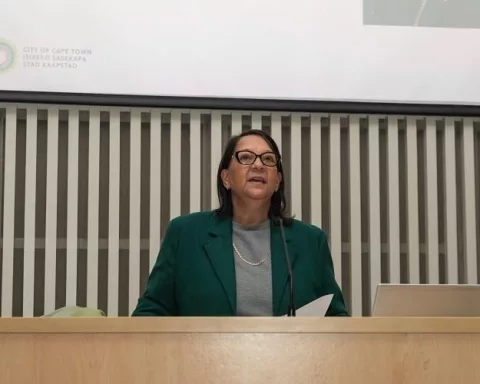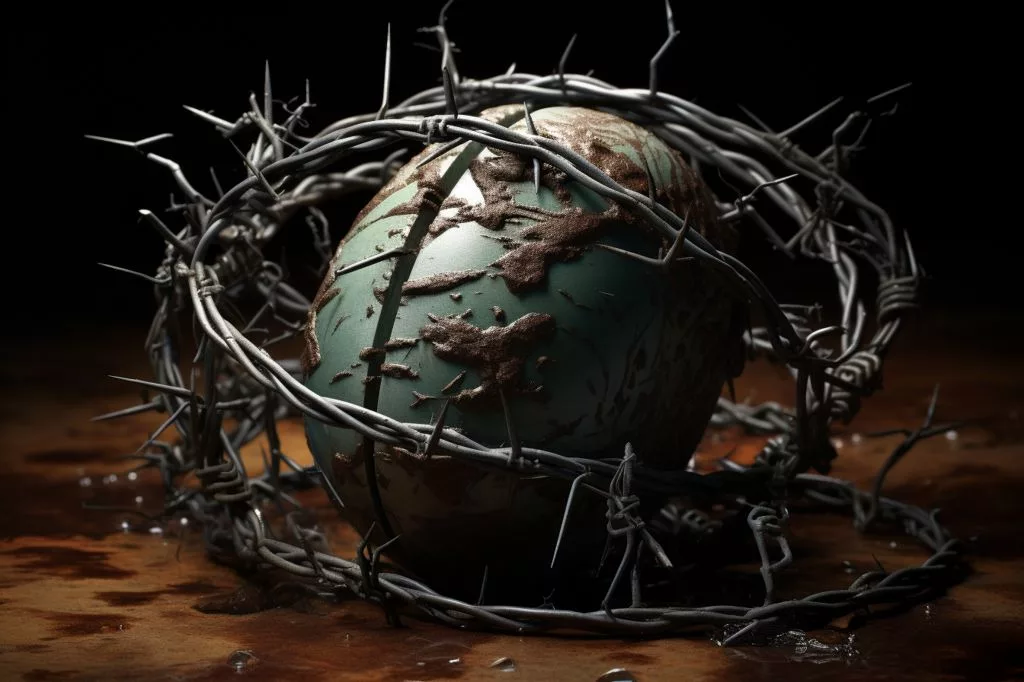Learn about Vergelegen Wine Estate, a trailblazing example of eco-friendly winemaking and biodiversity conservation in Somerset West, South Africa. With 1,900 hectares designated as a nature reserve and solar power facilities installed, Vergelegen serves as a model for sustainable practices in the wine tourism industry. Visitors can explore the estate’s environmental legacy on guided tours, spotting native cattle, bontebok, eland, and a rare subspecies of zebra, amidst indigenous fynbos and breathtaking landscapes. Vergelegen’s unwavering commitment to sustainability has earned it numerous awards and recognition as a leader in environmental restoration and management.
What is Vergelegen Wine Estate’s approach to environmental conservation?
Vergelegen Wine Estate in Somerset West, South Africa is dedicated to environmental conservation, with 1,900 hectares of the estate designated as a nature reserve and solar power facilities installed to operate off the grid. The estate’s environmental legacy can be explored on guided tours, offering sightings of native cattle, bontebok, eland, and a subspecies of zebra, along with indigenous fynbos. Vergelegen serves as an exemplary model for sustainable winemaking and biodiversity preservation.
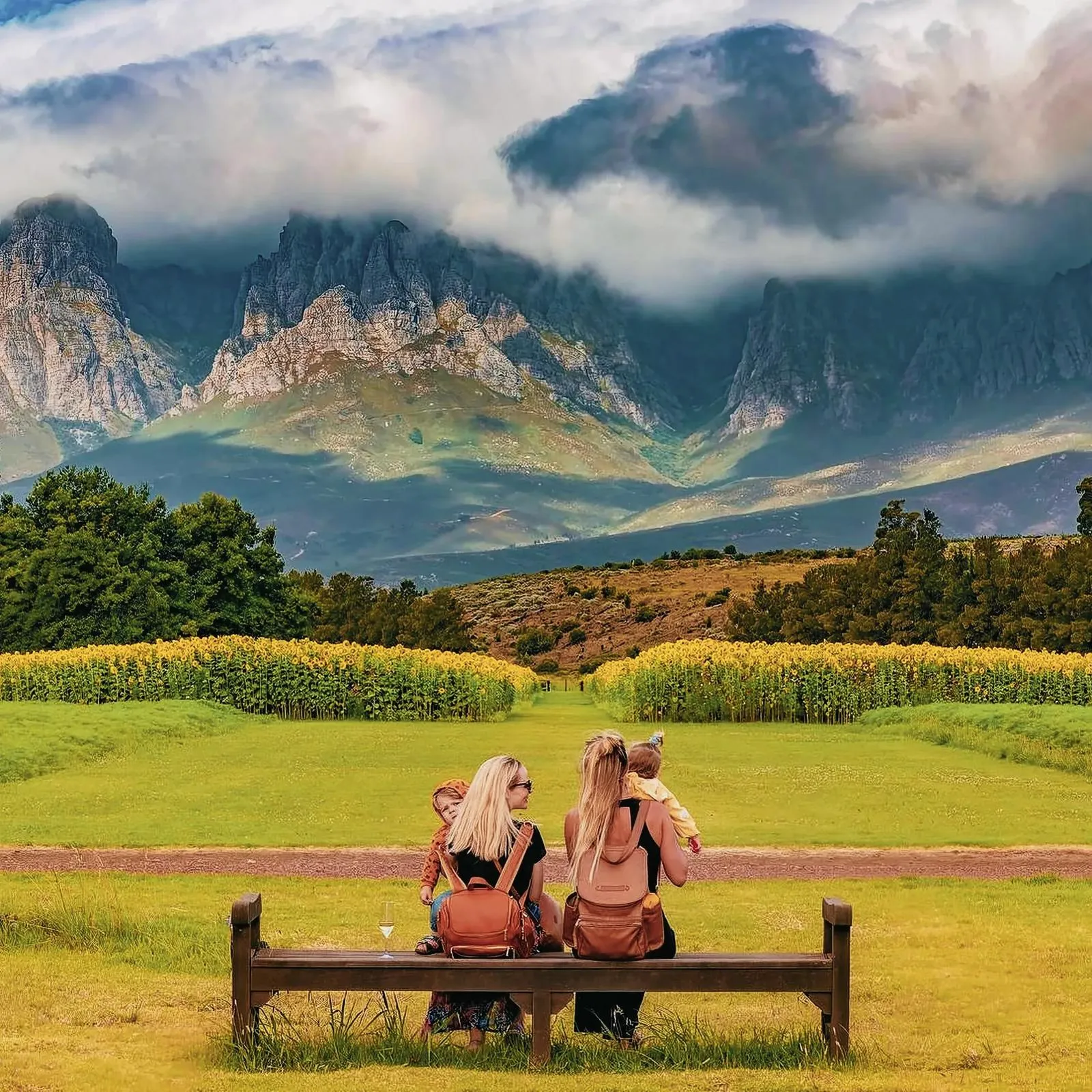
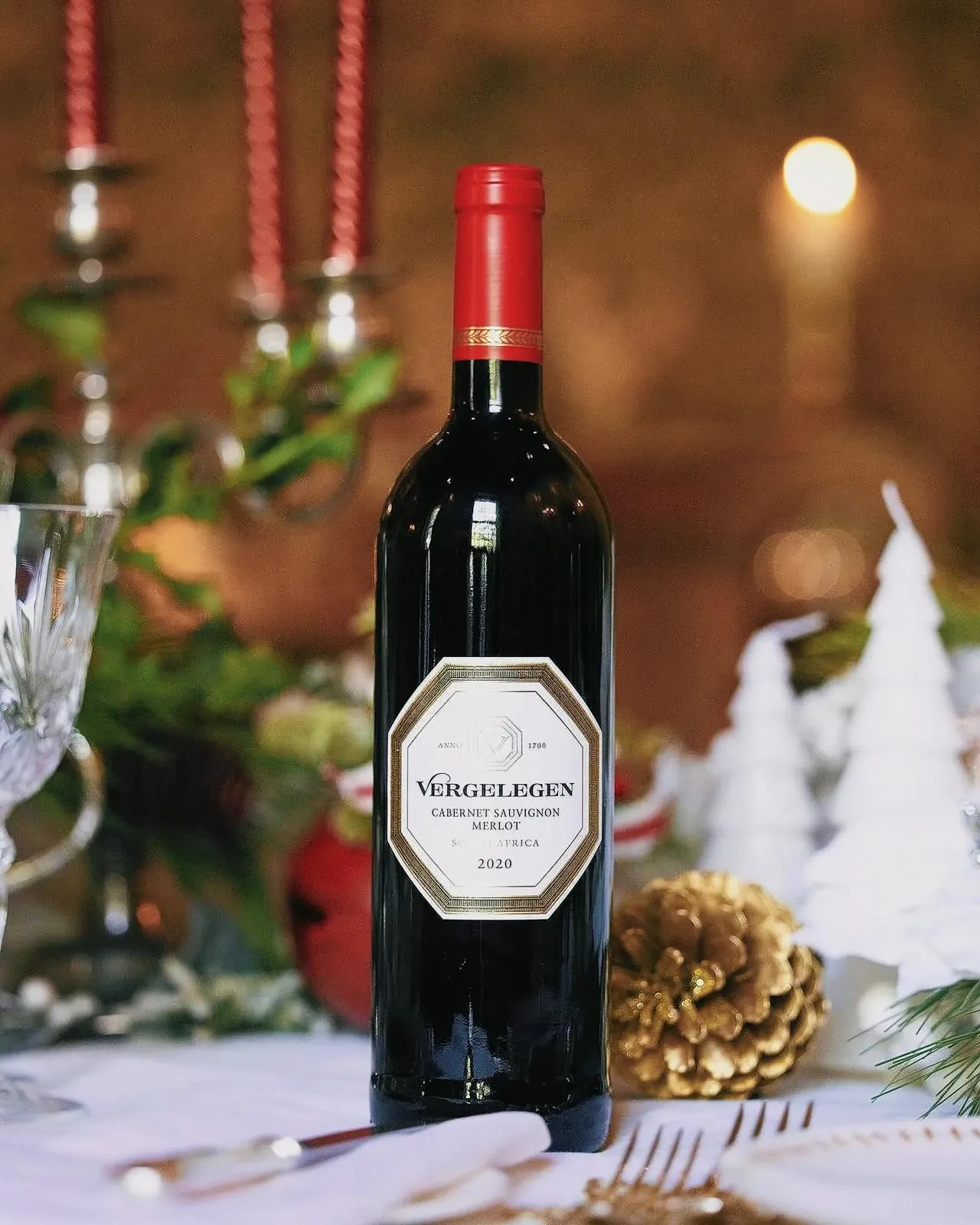
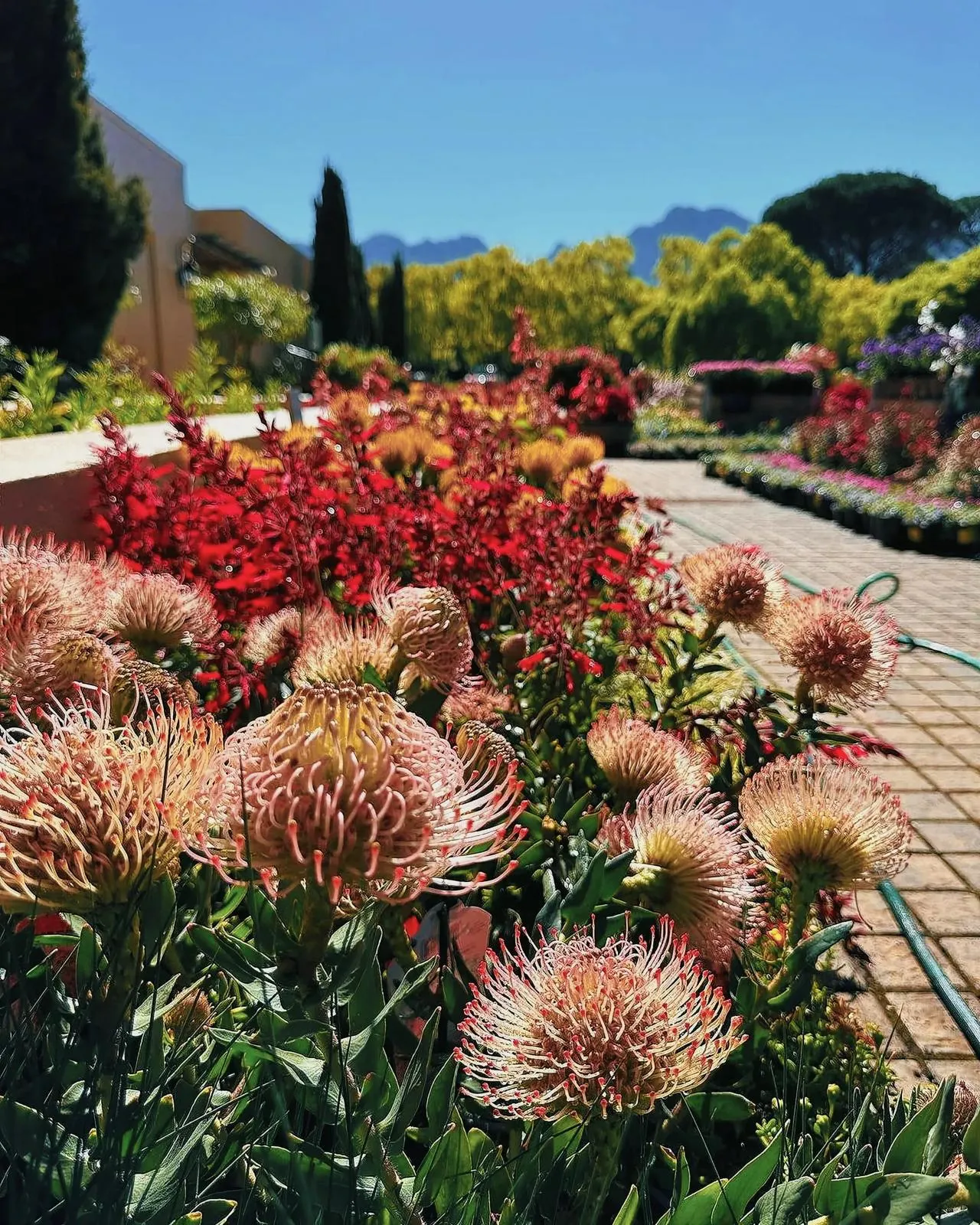
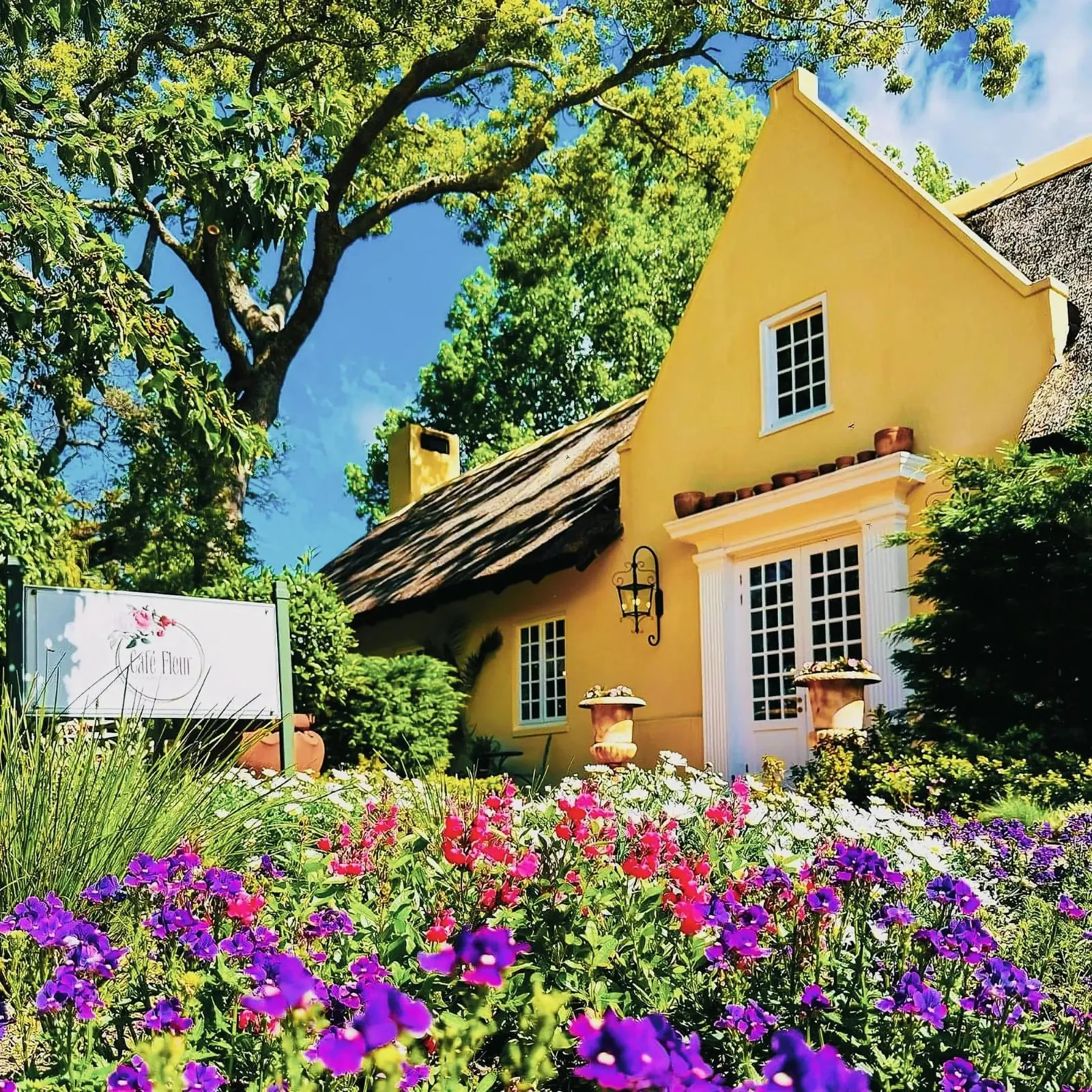
A Sustainable Trailblazer in the Wine Tourism Industry
Vergelegen Wine Estate in Somerset West, South Africa is renowned for its top-quality wines and unwavering dedication to environmental conservation. The distinguished winery’s cutting-edge, sustainable practices have earned it the accolade of ‘Best Sustainable Wine Tourism Practices‘ in the 2024 Best Of Wine Tourism Awards (BOWTA).
Currently in its 25th edition, the BOWTA celebrates outstanding achievements in various categories among wineries from each of the Great Wine Capitals Global Network’s member cities and regions. This year, 81 Western Cape wine estates participated in the competition, showcasing their commitment to enhancing the wine tourism experience and championing the region’s distinctive heritage, culture, and passion for wine. Wesgro, as the official Tourism, Trade, and Investment Promotion Agency for Cape Town and the Western Cape, manages local membership.
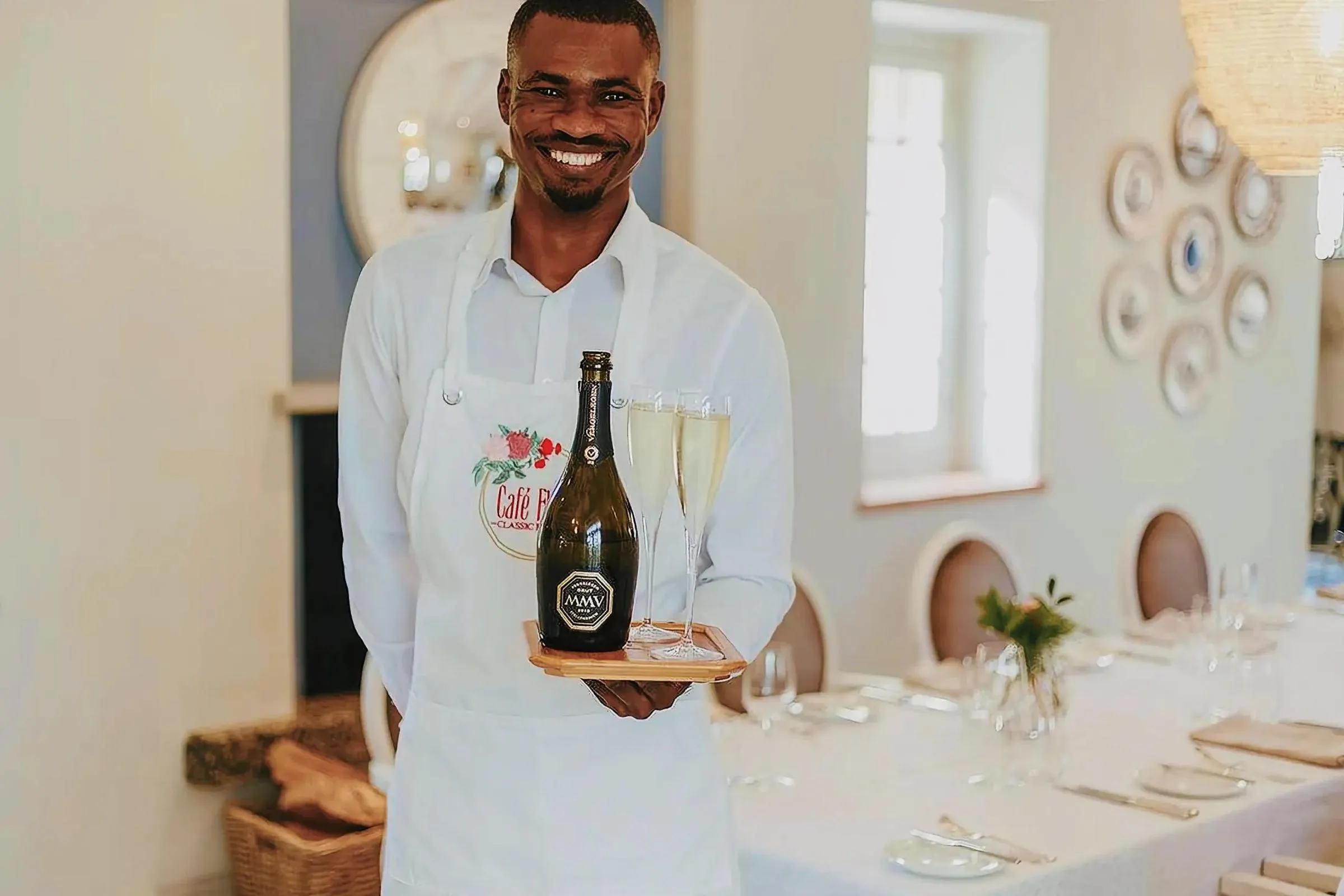
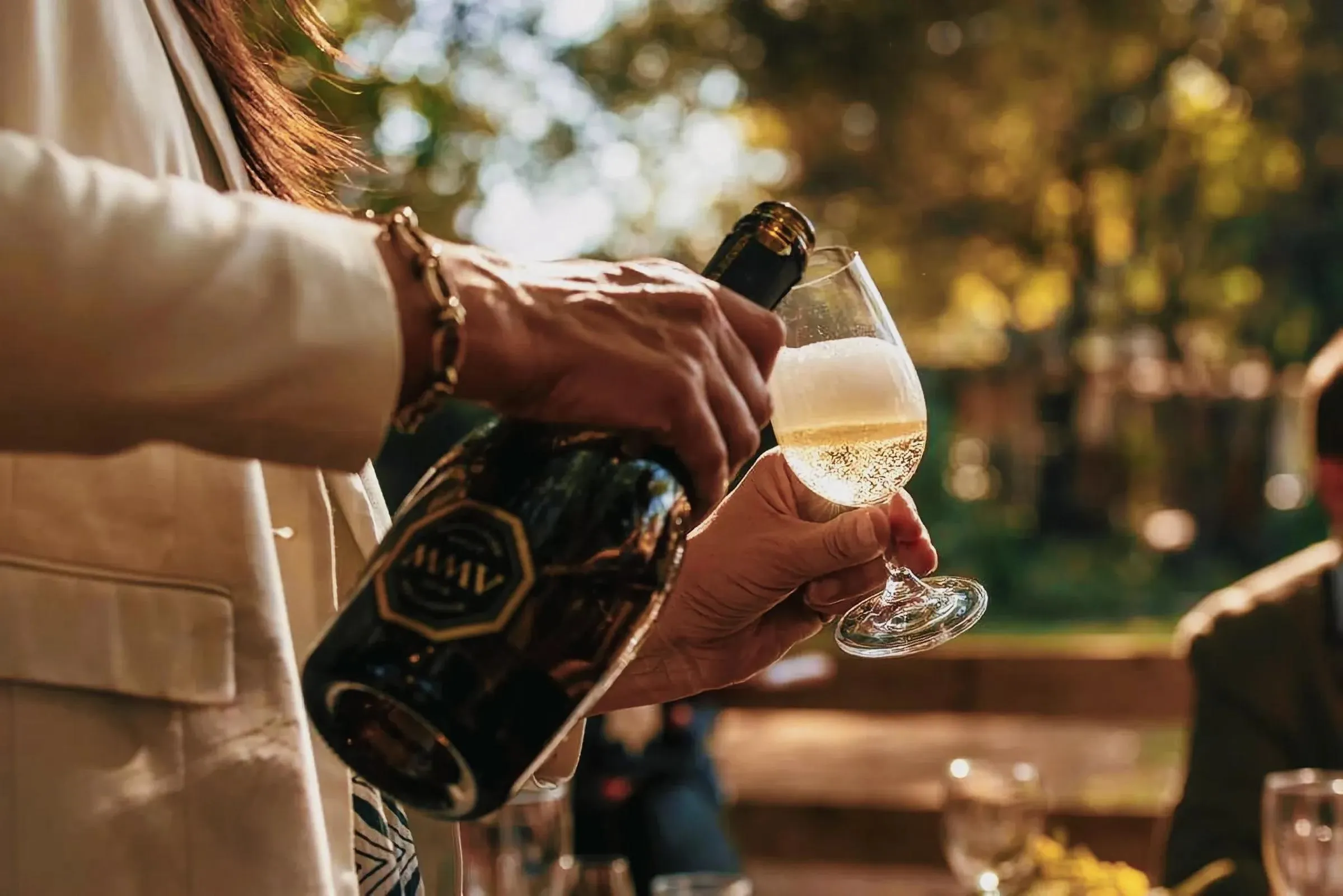

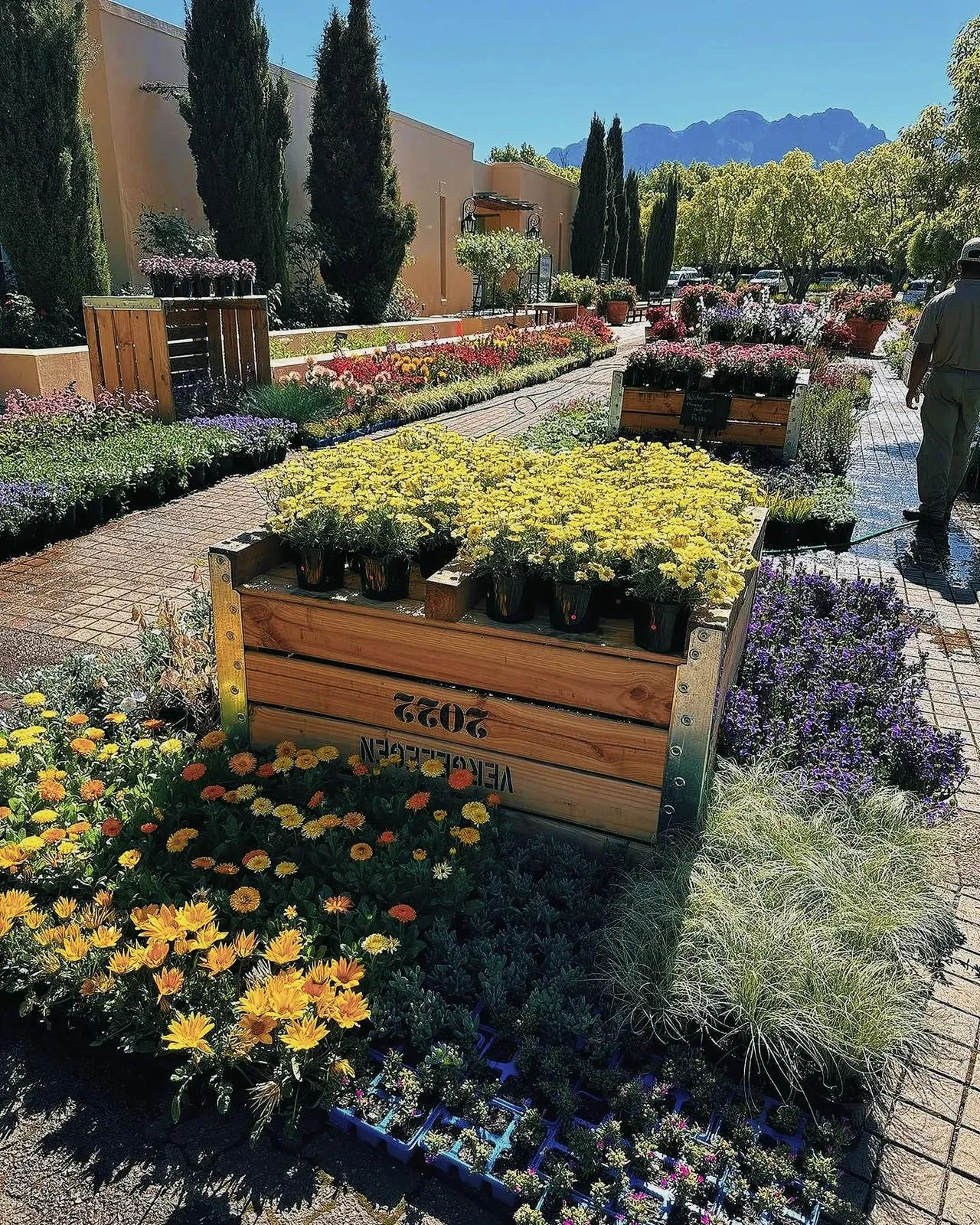
Vergelegen MD Wayne Coetzer expressed his gratitude for the prestigious award, stating, “This award belongs to every member of the Vergelegen family – our dedicated team who work tirelessly, our partners who share our vision, and our loyal customers who support us year after year.”
Vergelegen’s Proactive Approach to Environmental Conservation
Vergelegen’s dedication to sustainability is far from superficial. The estate’s environmental endeavors originated from a privately-funded, 14-year project to clear alien vegetation, which concluded half a decade ago. Consequently, 1,900 hectares of the estate were designated as a nature reserve, with a protection status equal to that of the Kruger National Park.
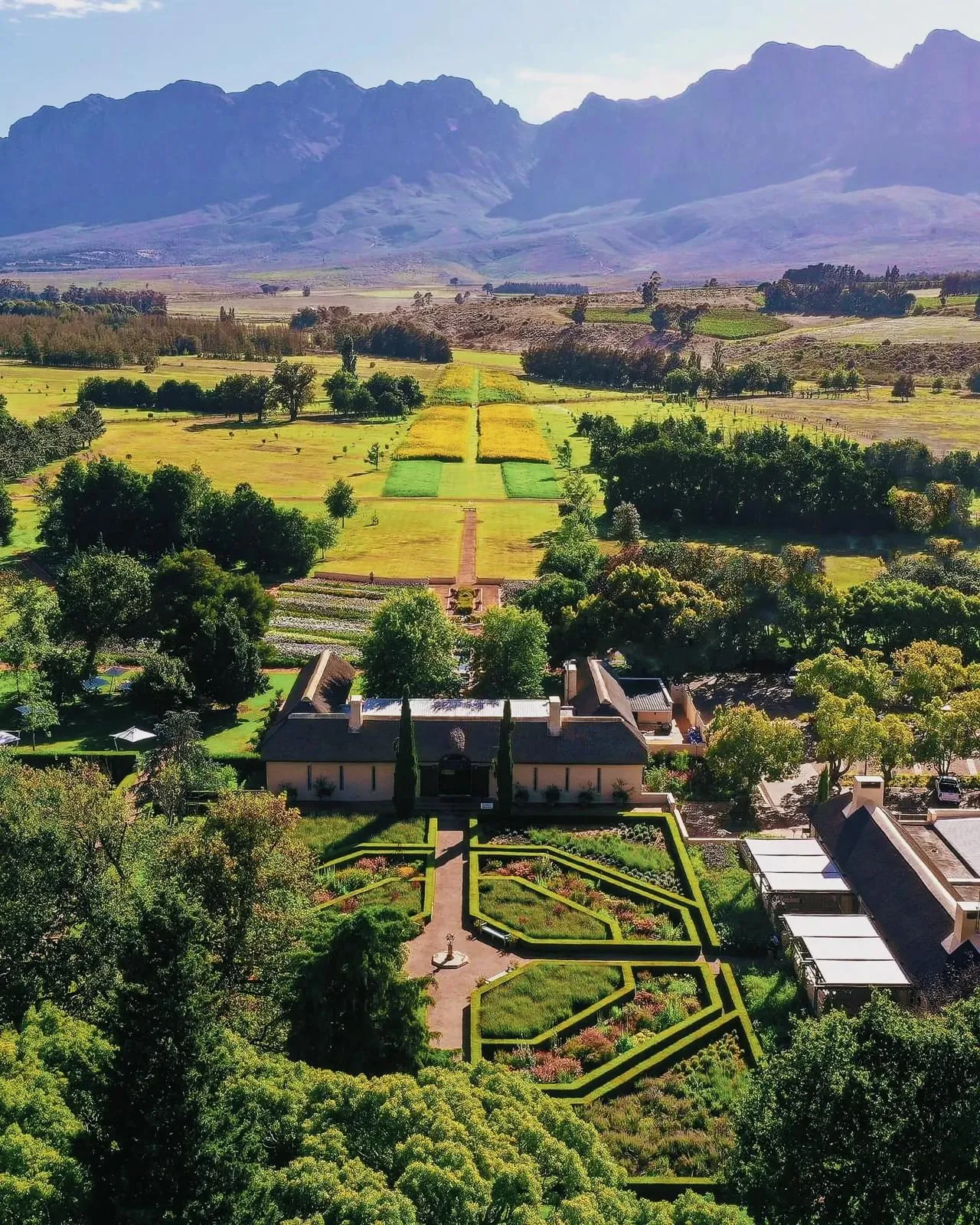
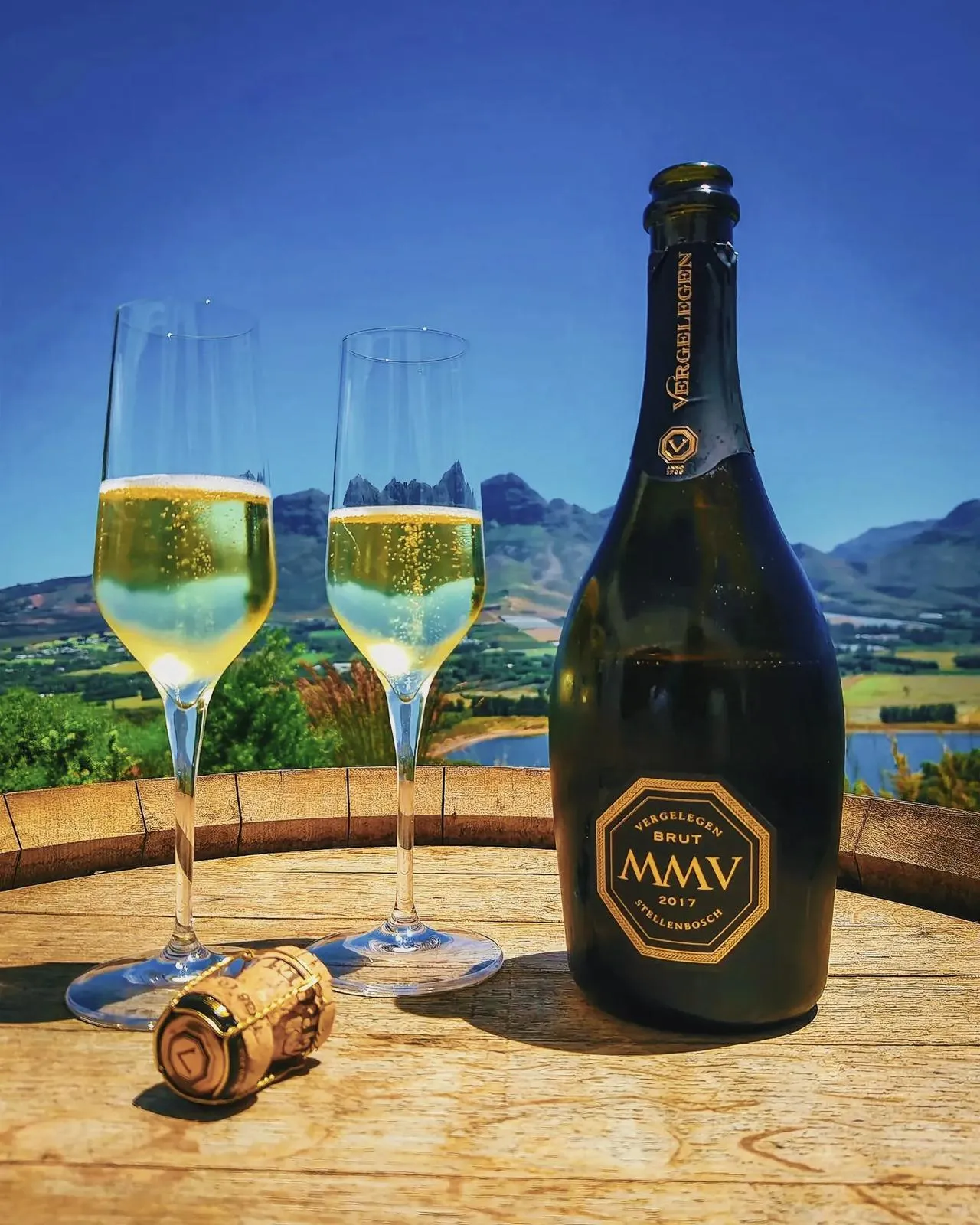
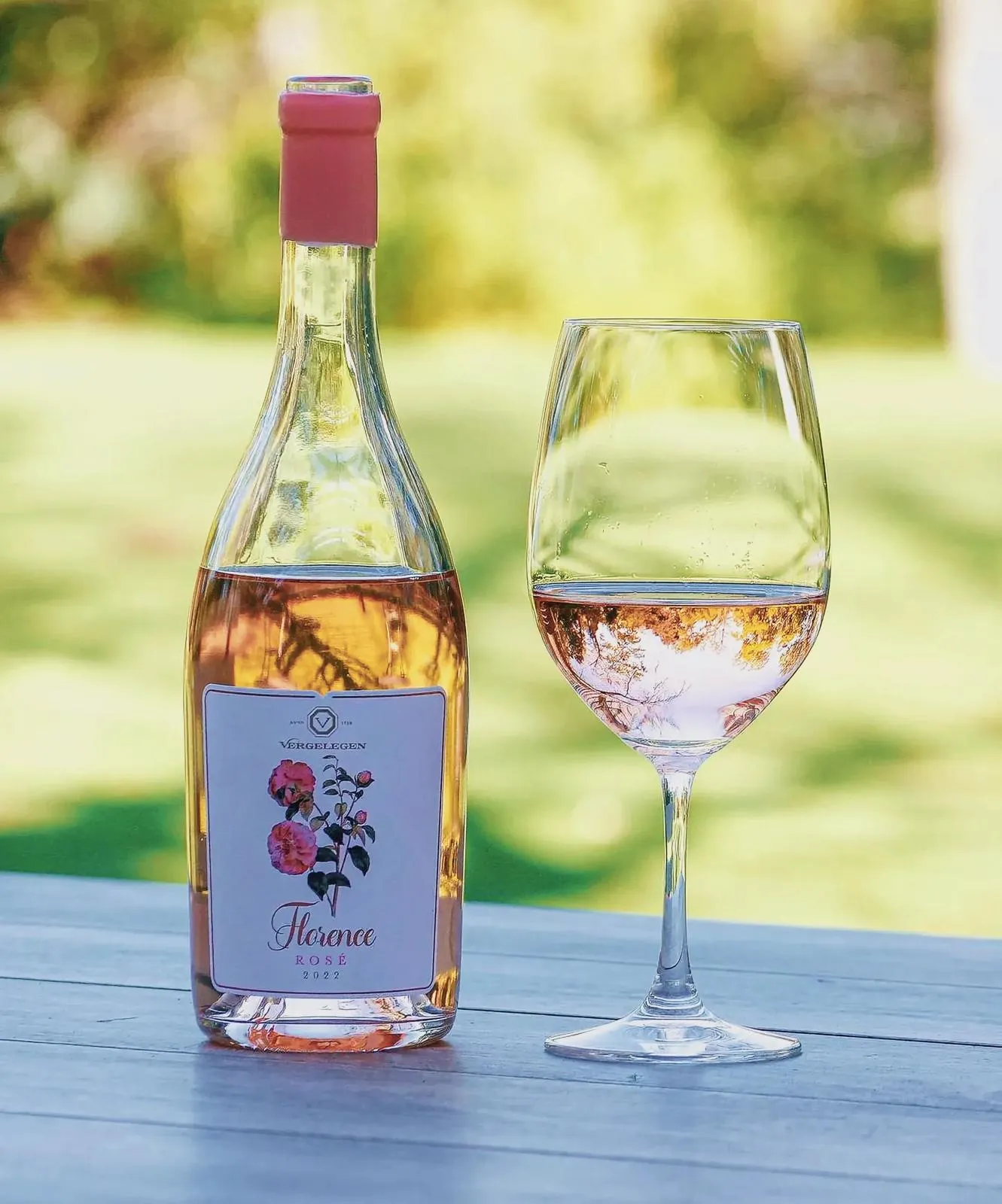
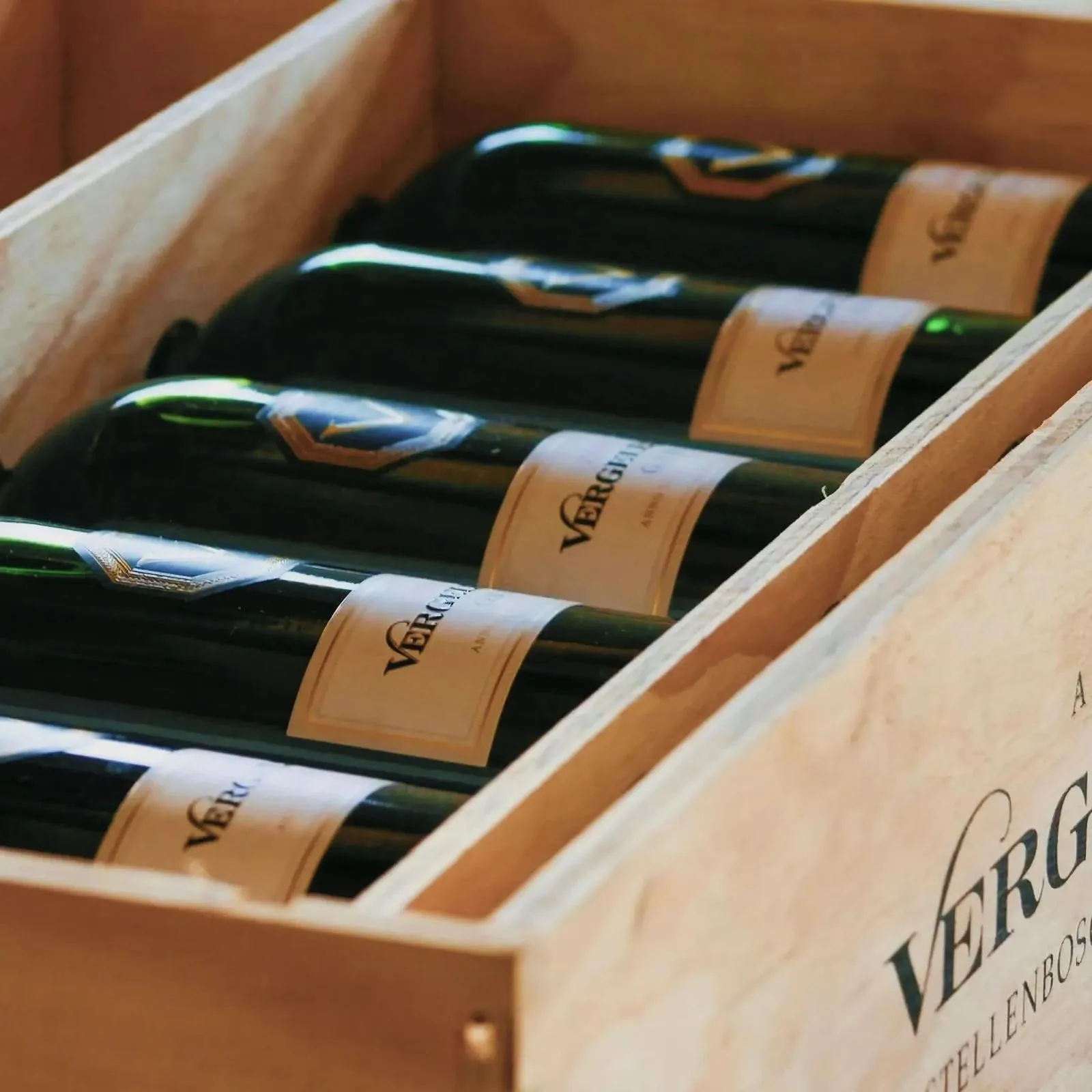
Today, Vergelegen serves as a prominent example of environmental restoration and management. The estate has recently installed solar power facilities, enabling its hilltop winery to operate completely off the grid. Its efforts have been recognized with various awards, such as the Biodiversity and Wine Initiative ‘Champion’ status in 2005, the Eco-hospitality and Tourism category in the 2022 Eco-Logic Awards, and the Wildlife and Environment Society of South Africa’s 2019 corporate award.
Wrenelle Stander, Wesgro CEO, commended the Western Cape’s wine tourism industry for its innovation, sustainability, and commitment to excellence. Stander believes that this unique blend of characteristics makes the province an irresistible destination for wine connoisseurs from around the globe.
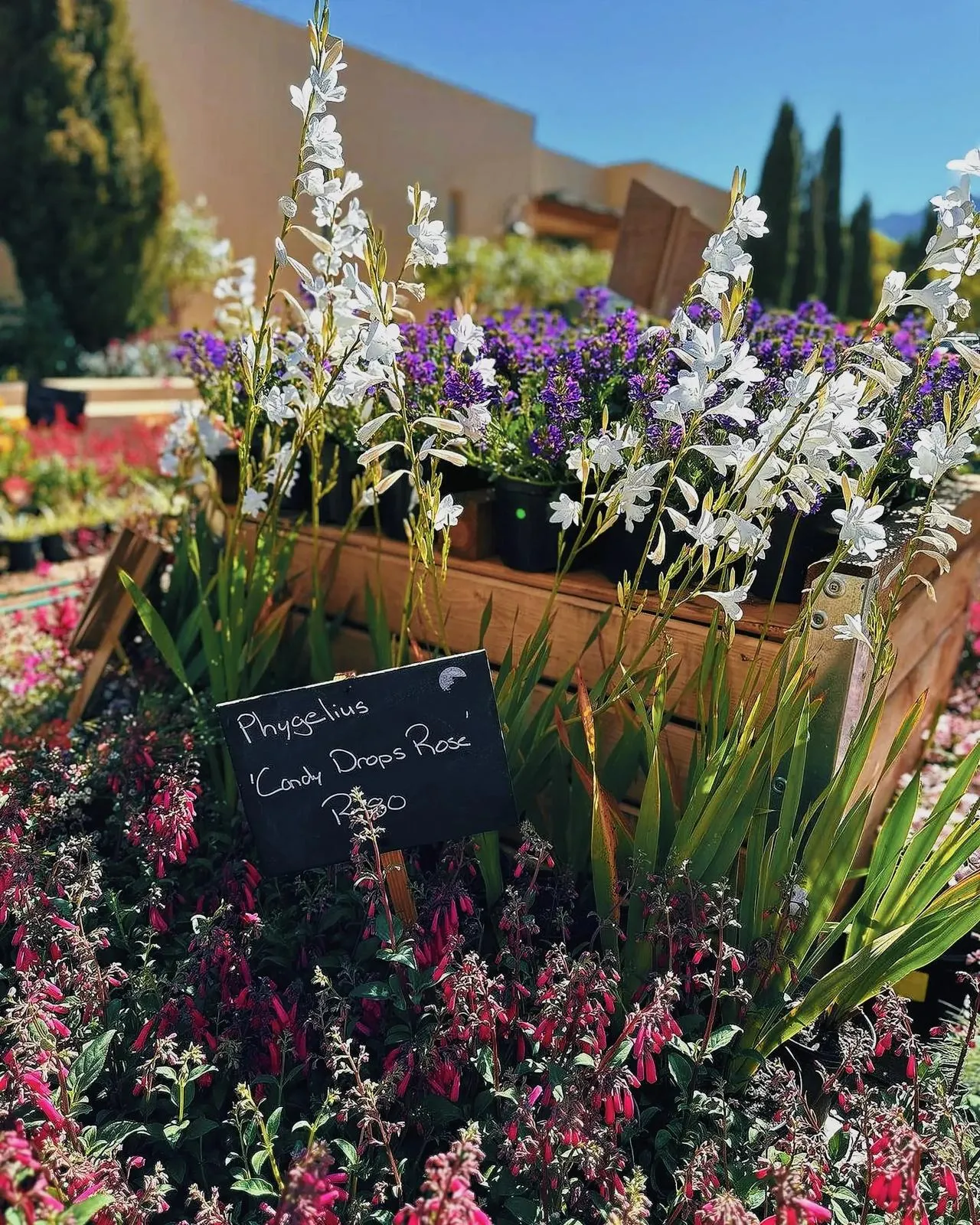
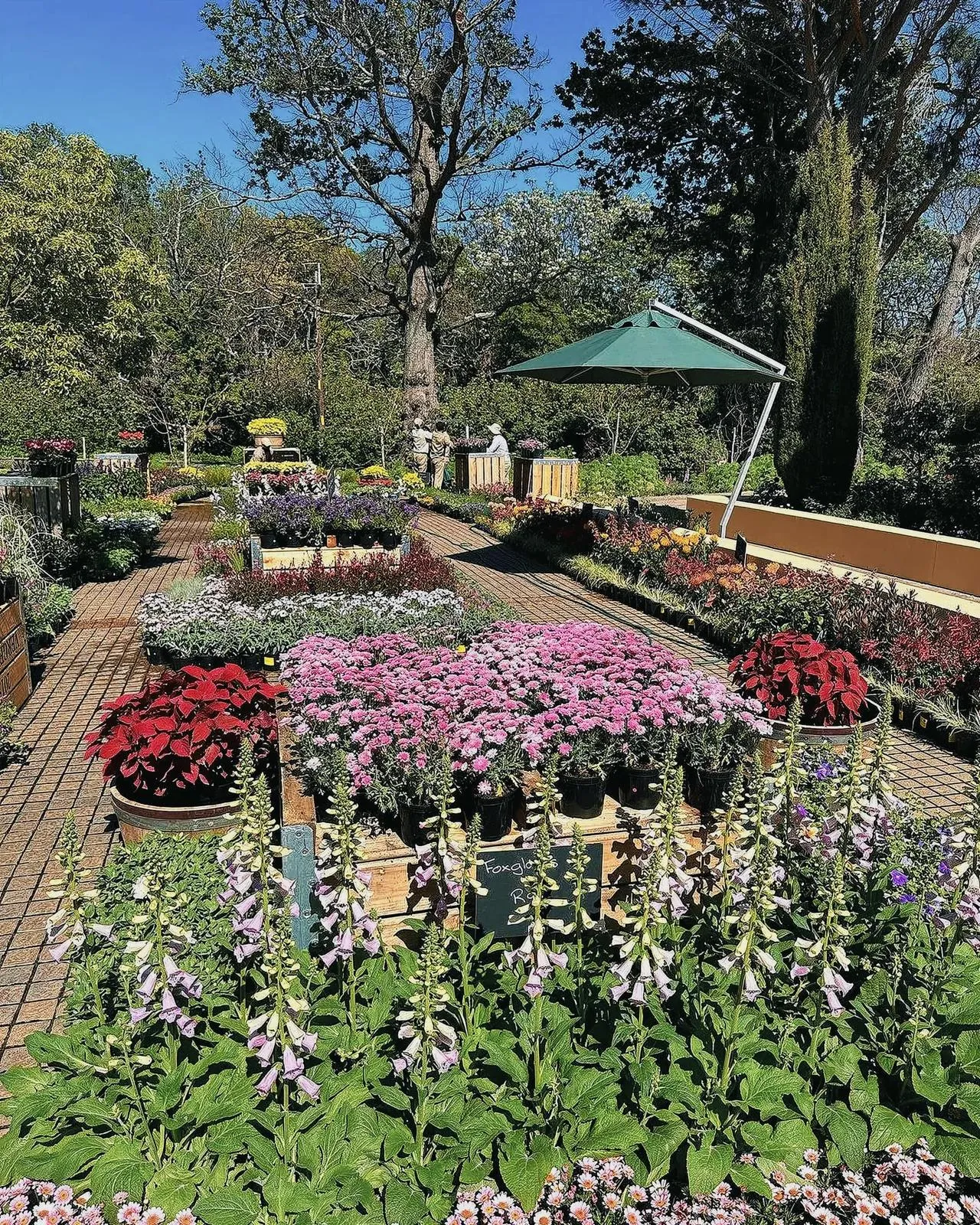
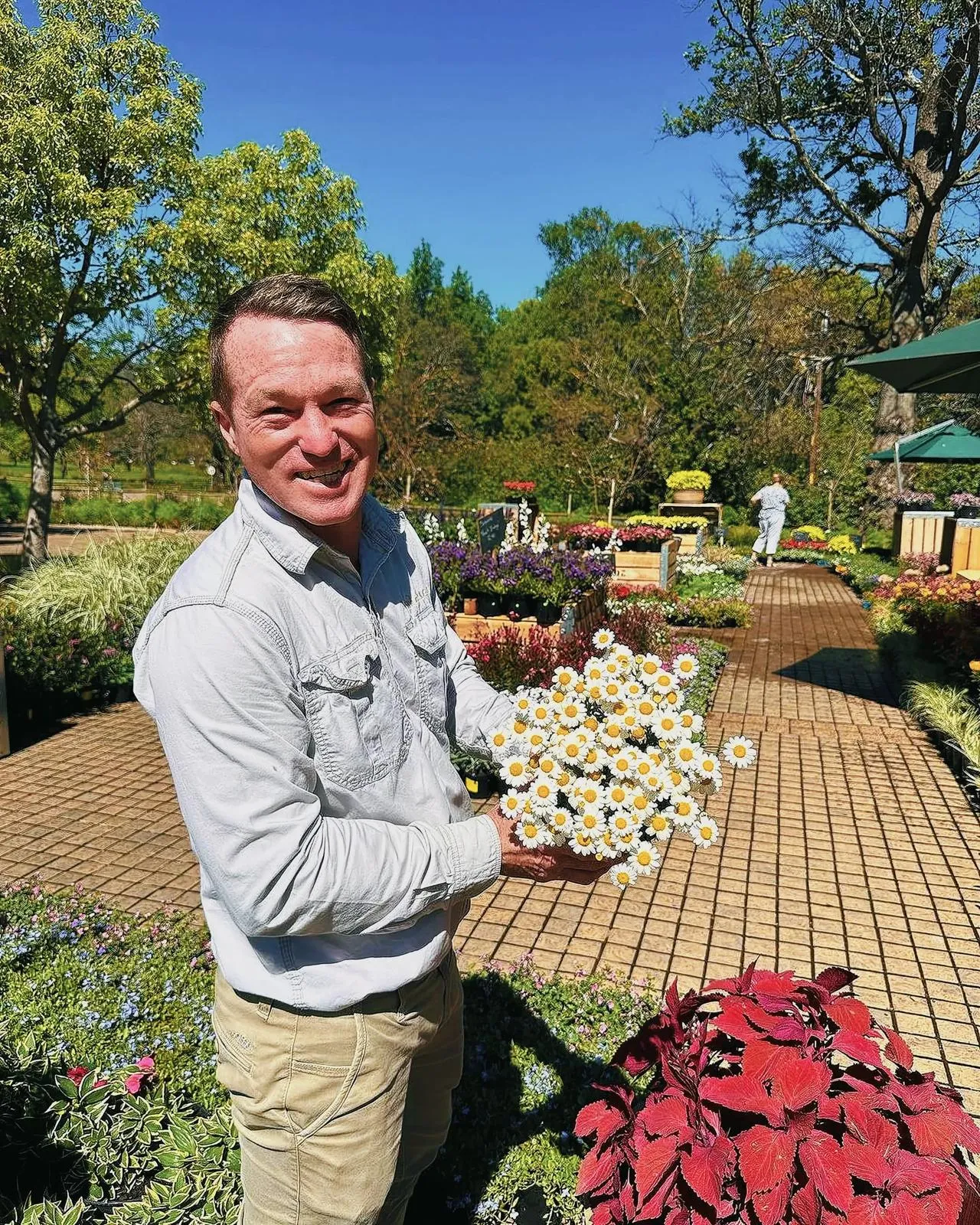
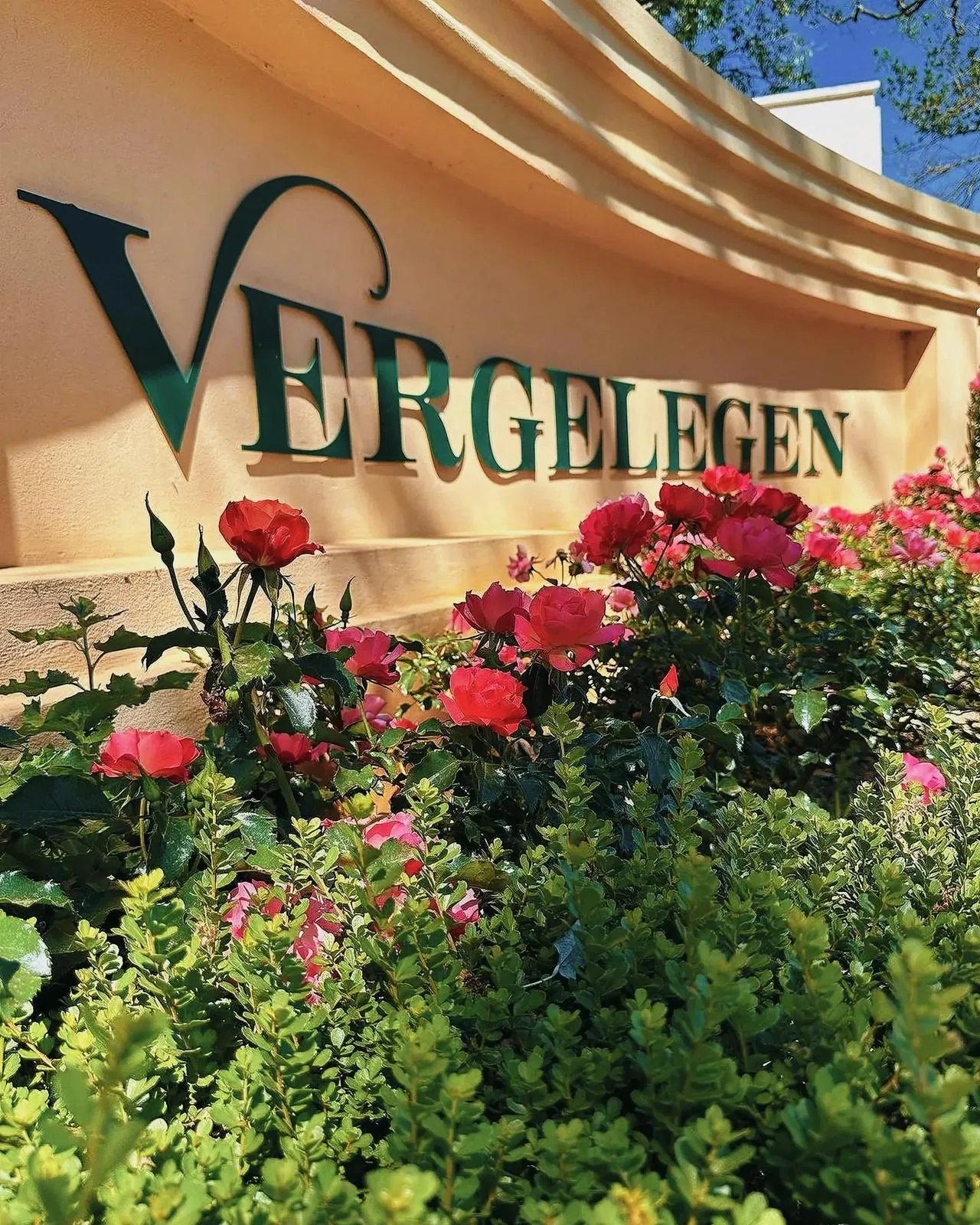
Exploring Vergelegen’s Rich Natural Heritage
Visitors to Vergelegen can discover the nature reserve and delve into the estate’s environmental legacy on a guided drive vehicle tour. The journey offers sightings of native Nguni cattle, bontebok, eland, and the rare ‘Rau’ quagga, a subspecies of zebra. The estate’s breathtaking landscapes are embellished with indigenous fynbos, resulting in an unparalleled, nature-filled adventure.
To fully immerse themselves in Vergelegen’s ecological initiatives, visitors can embark on an environmental tour that highlights two decades of commitment to sustainability and rehabilitation. This 1.5-hour guided excursion, priced at R400 per person, takes guests through the Vergelegen arboretum and biodiversity nature reserve. Depending on weather conditions, the tour departs from the estate’s tasting room at 10 am, offering an opportunity to observe native flora and fauna.
Vergelegen Wine Estate’s steadfast dedication to sustainable winemaking and biodiversity conservation has established a high standard for wine tourism across the globe. As the estate continues to push the envelope with eco-friendly practices, it serves as an exemplary model for others to emulate, proving that excellence in wine production and environmental preservation can coexist harmoniously.
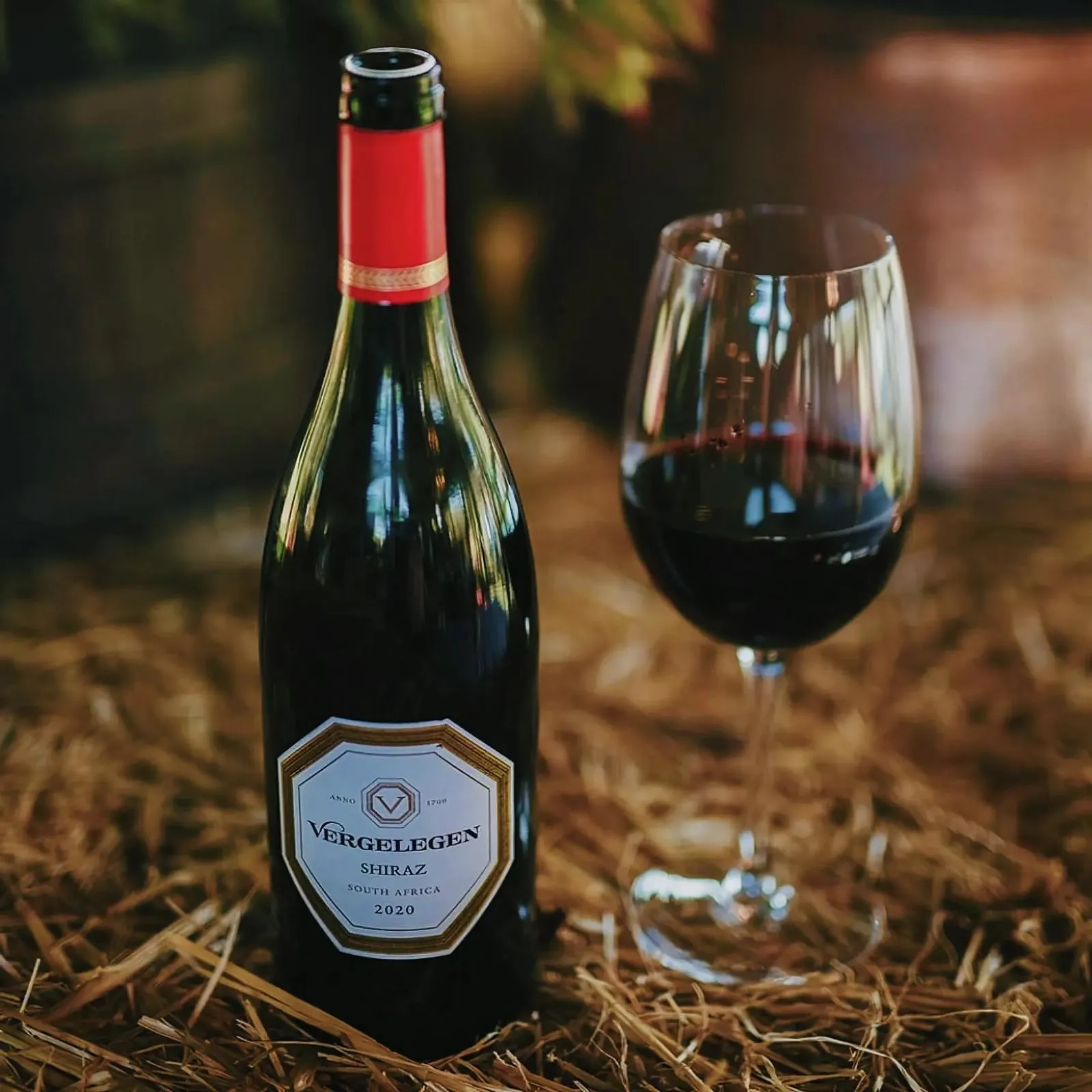
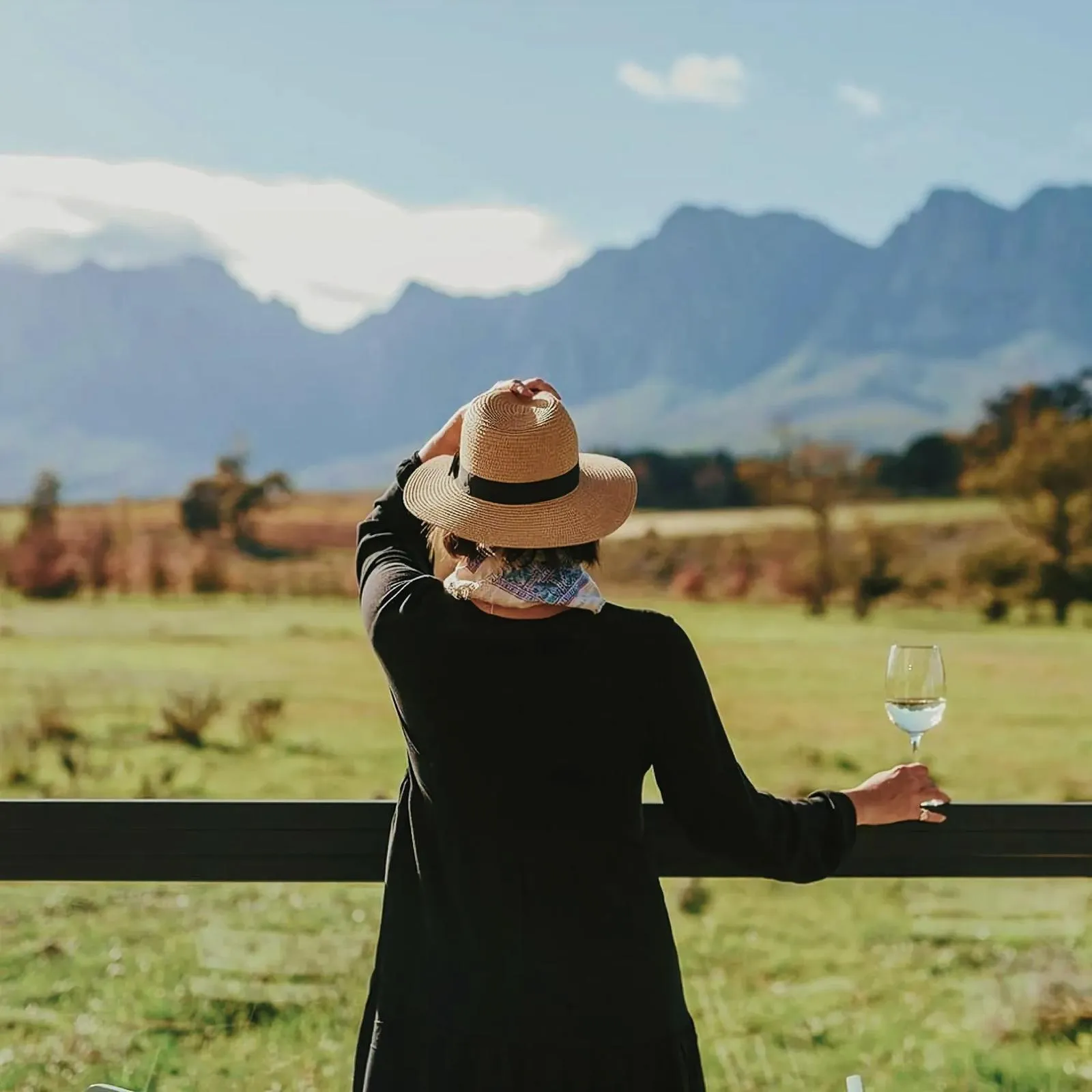
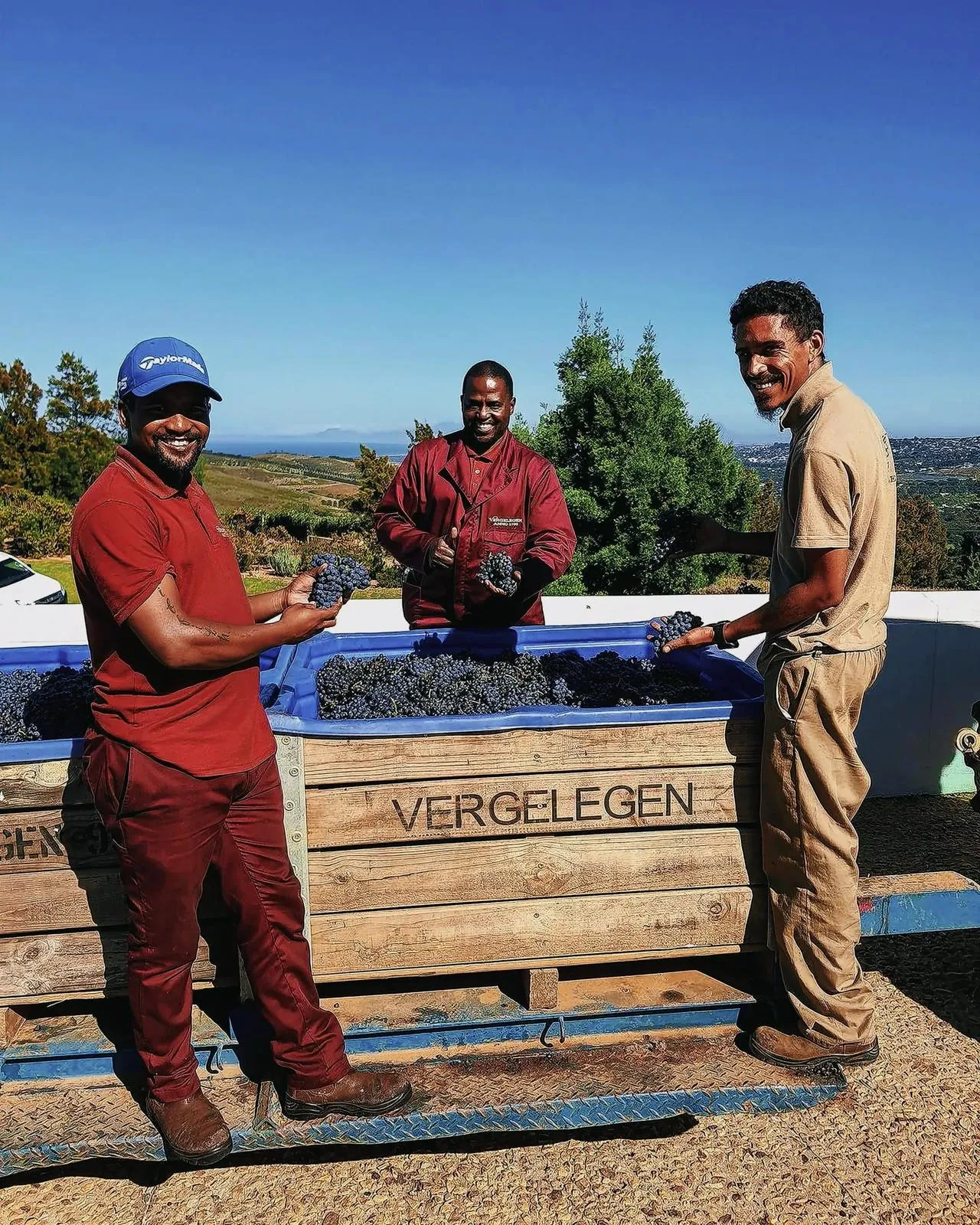
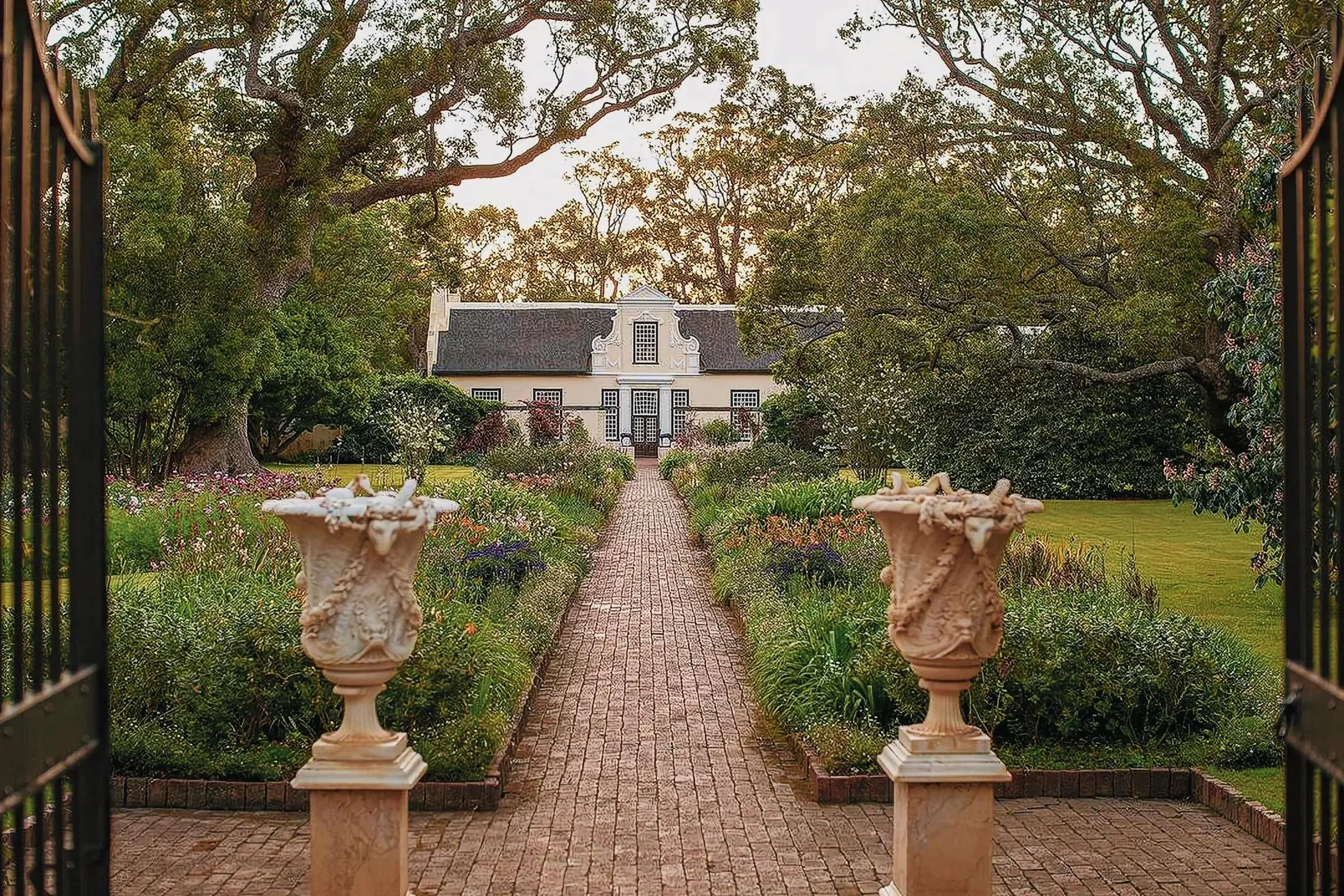
1. What is Vergelegen Wine Estate’s approach to environmental conservation?
Vergelegen Wine Estate in Somerset West, South Africa is dedicated to environmental conservation, with 1,900 hectares of the estate designated as a nature reserve and solar power facilities installed to operate off the grid.
2. What award did Vergelegen Wine Estate win?
Vergelegen Wine Estate won the Best Sustainable Wine Tourism Practices in the 2024 Best Of Wine Tourism Awards (BOWTA).
3. What is the Best Of Wine Tourism Awards (BOWTA)?
The Best Of Wine Tourism Awards (BOWTA) celebrates outstanding achievements in various categories among wineries from each of the Great Wine Capitals Global Network’s member cities and regions.
4. How many Western Cape wine estates participated in the BOWTA?
81 Western Cape wine estates participated in the Best Of Wine Tourism Awards competition.
5. What is Vergelegen’s status as a nature reserve?
1,900 hectares of the estate were designated as a nature reserve, with a protection status equal to that of the Kruger National Park.
6. What are some of Vergelegen’s recognized environmental awards?
Vergelegen’s recognized environmental awards include the Biodiversity and Wine Initiative ‘Champion’ status in 2005, the Eco-hospitality and Tourism category in the 2022 Eco-Logic Awards, and the Wildlife and Environment Society of South Africa’s 2019 corporate award.
7. What can visitors see on a guided tour of Vergelegen Wine Estate?
Visitors can explore the estate’s environmental legacy on guided tours, spotting native cattle, bontebok, eland, and a rare subspecies of zebra, amidst indigenous fynbos and breathtaking landscapes.
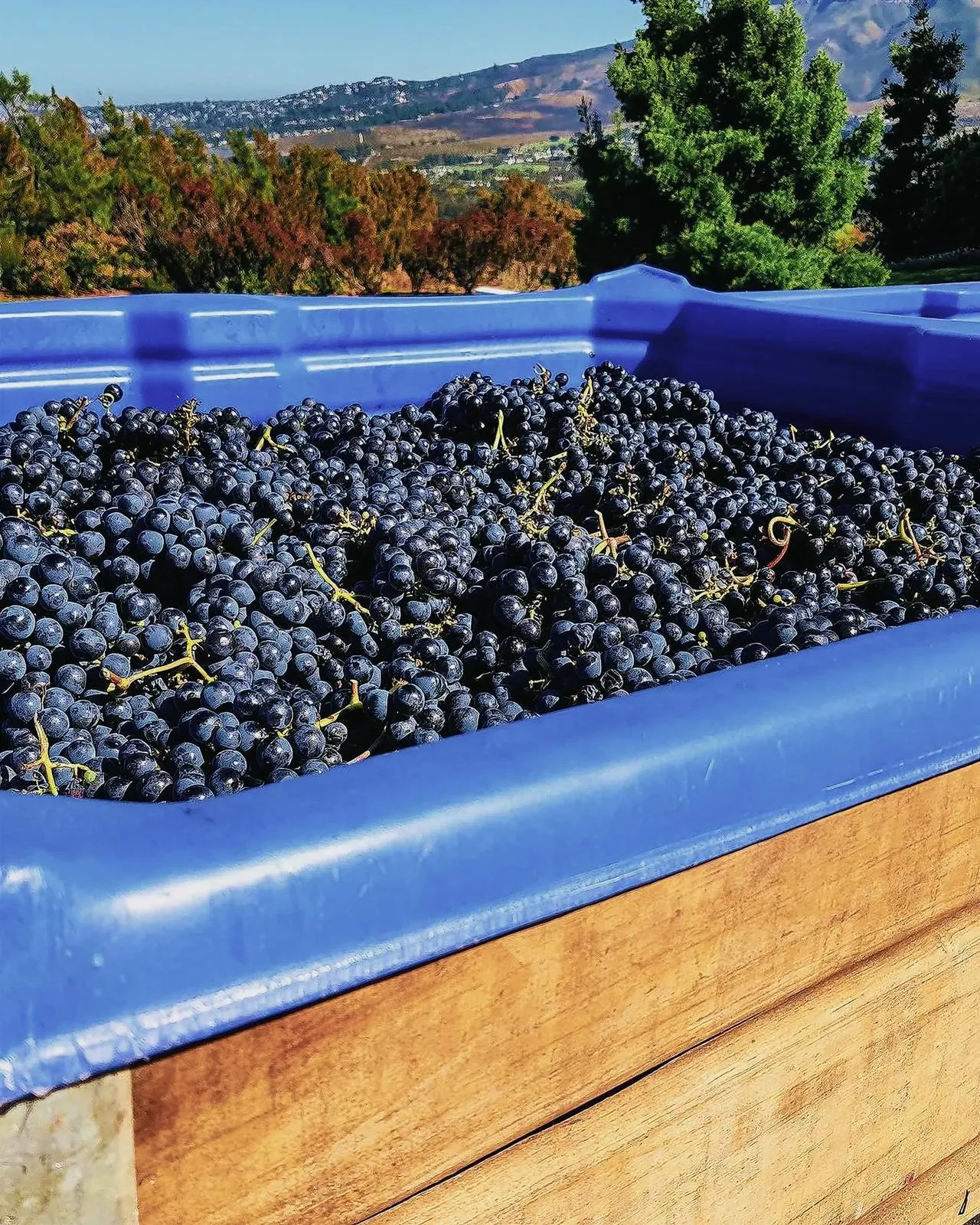
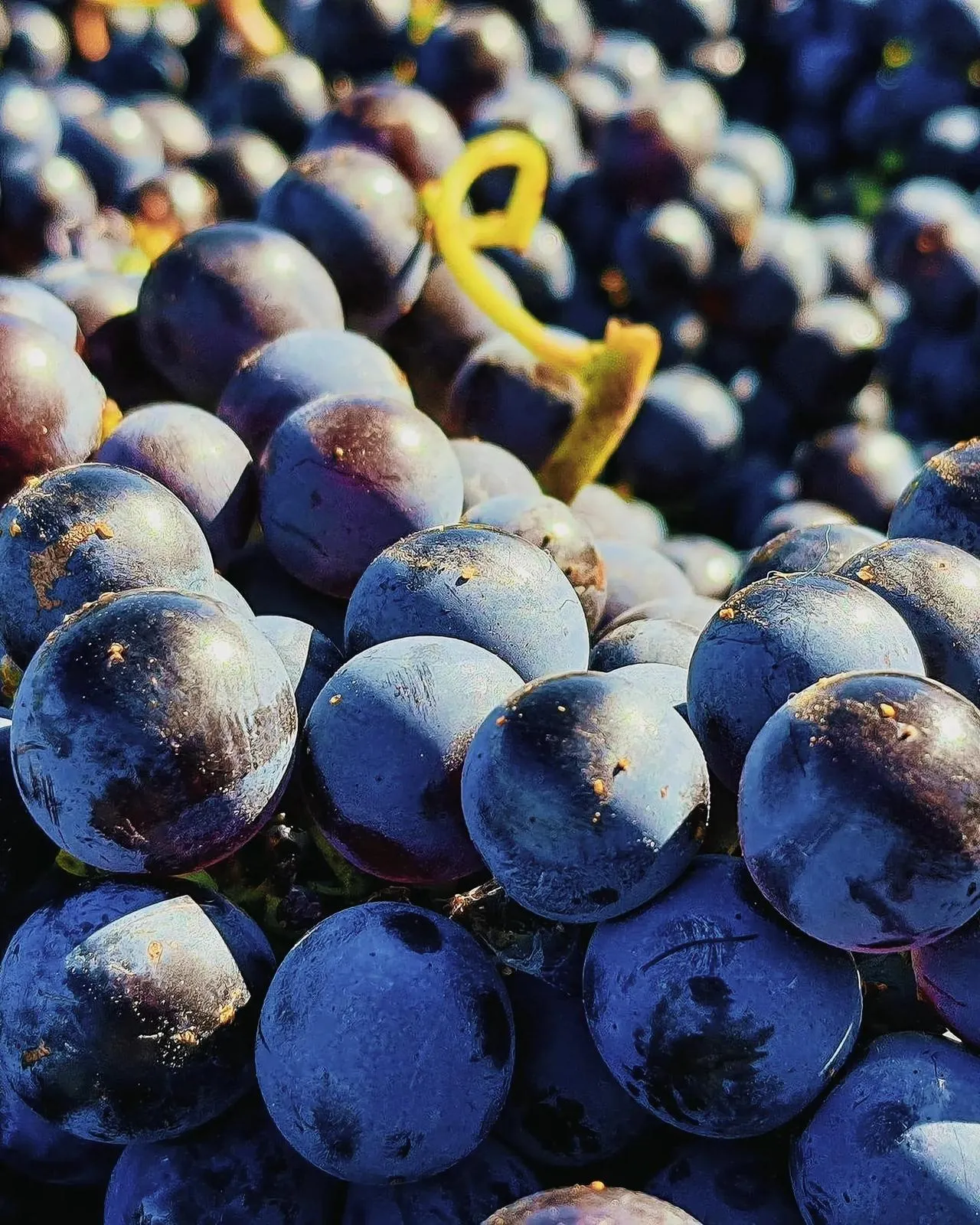
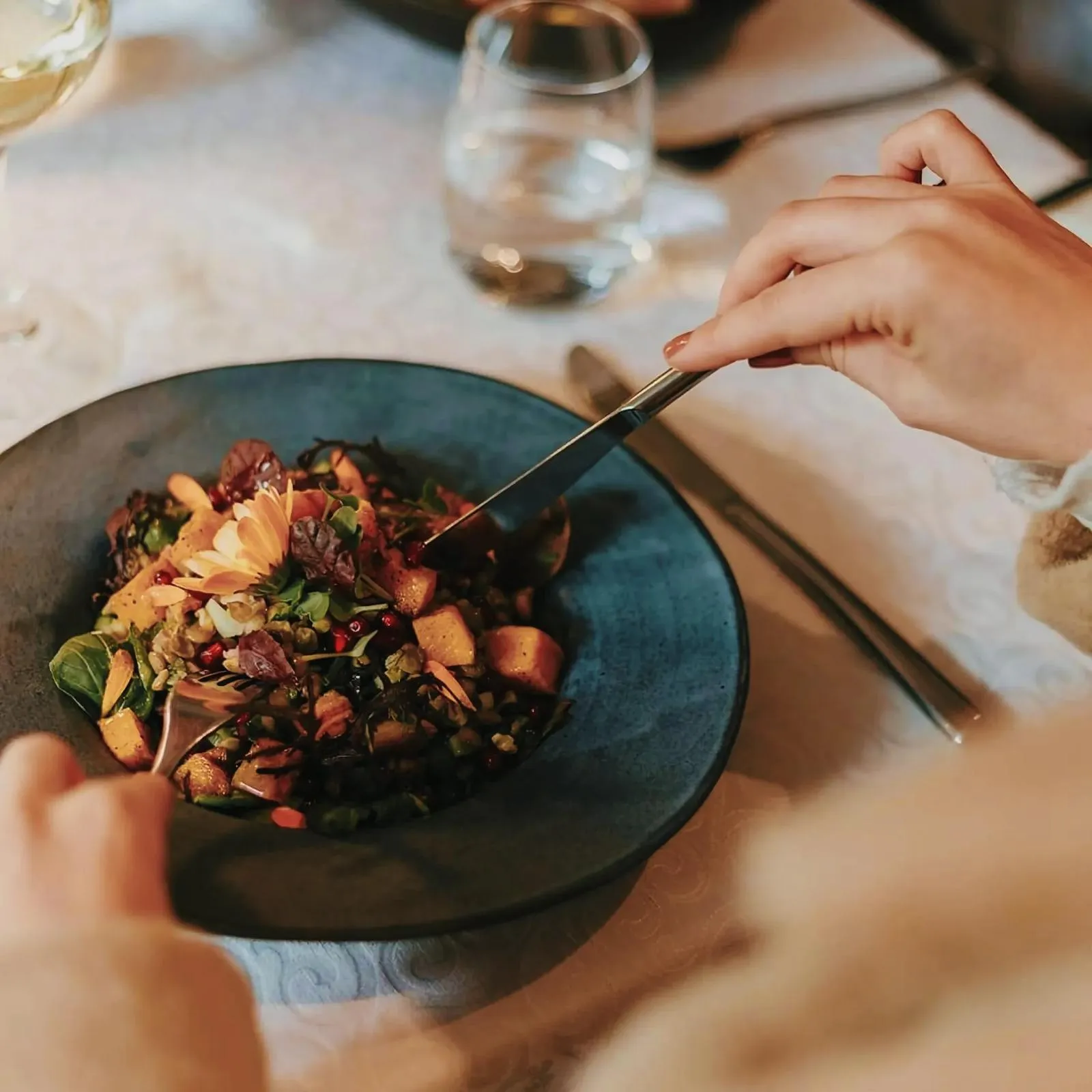
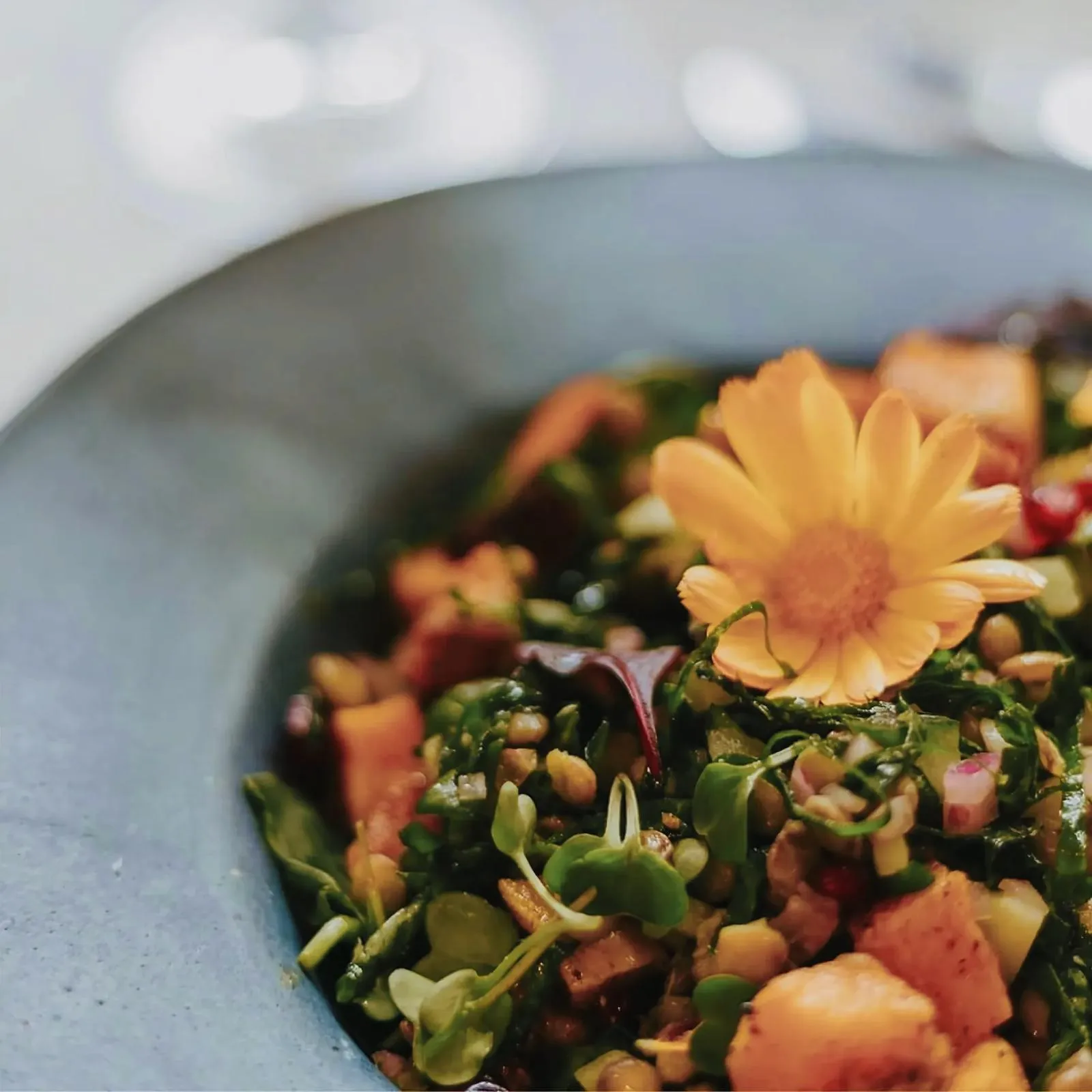
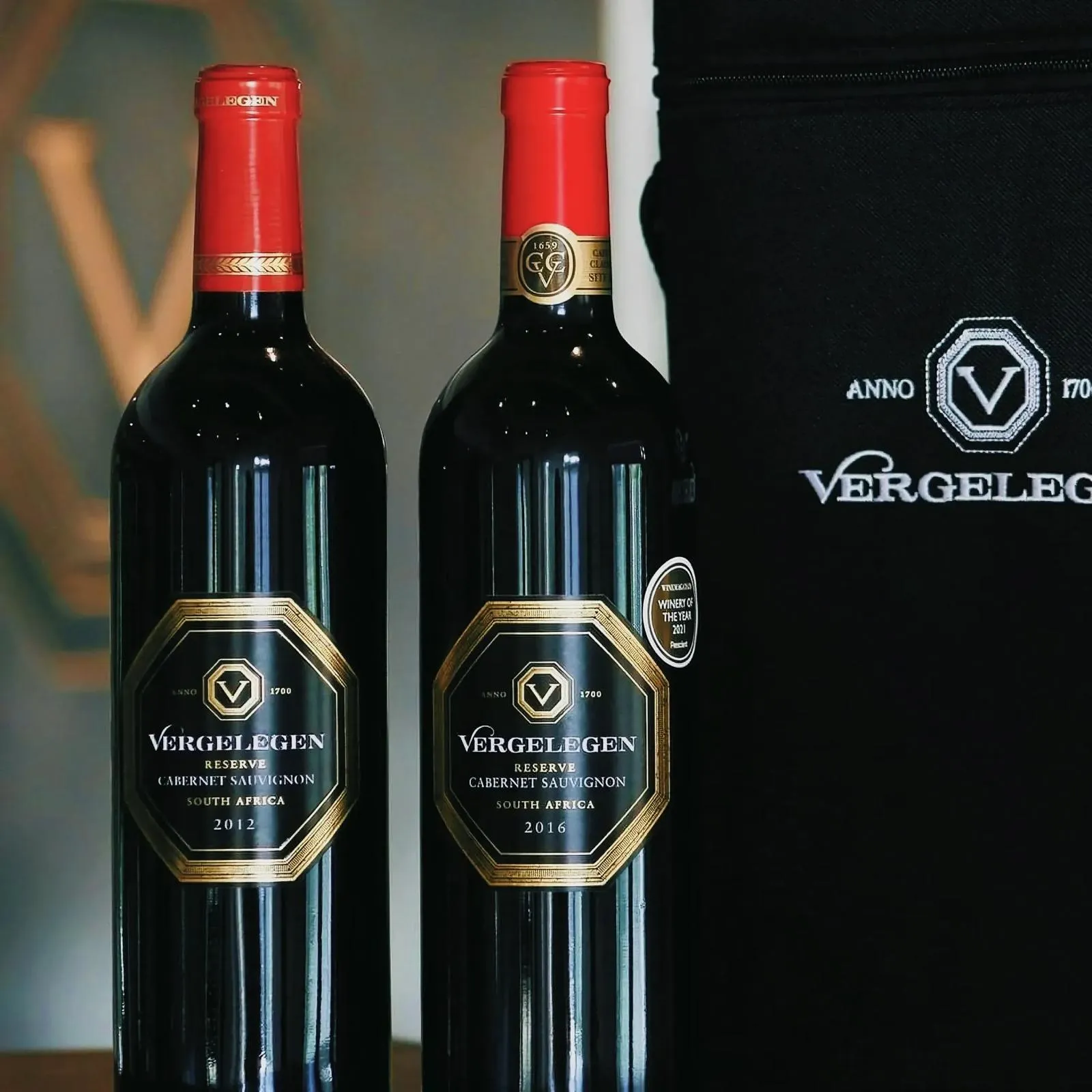
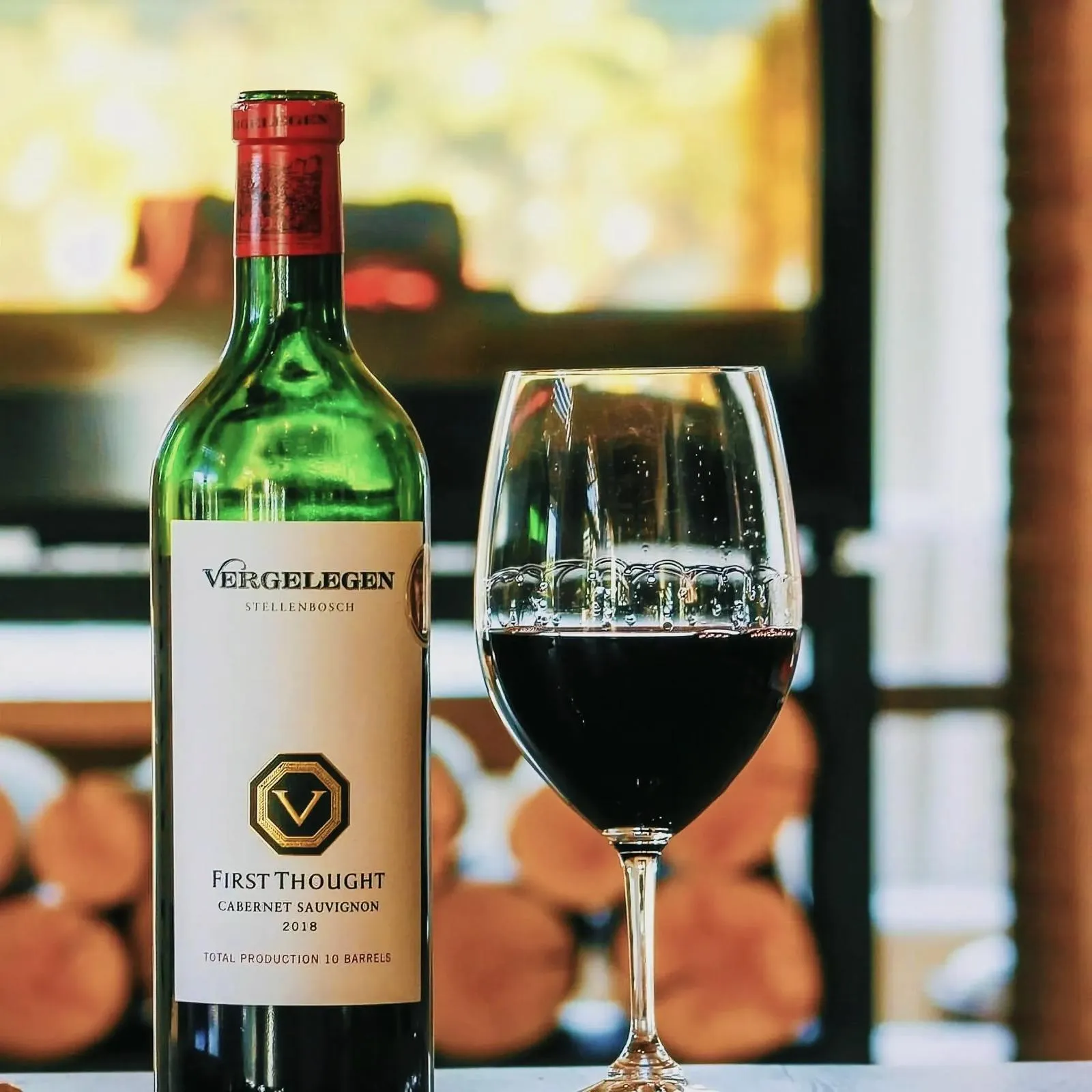
8. Can visitors embark on an environmental tour at Vergelegen Wine Estate?
Yes, visitors can embark on an environmental tour that highlights Vergelegen’s two decades of commitment to sustainability and rehabilitation. This 1.5-hour guided excursion takes guests through the Vergelegen arboretum and biodiversity nature reserve.

